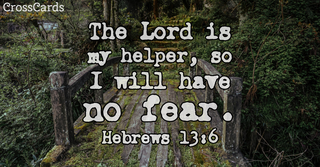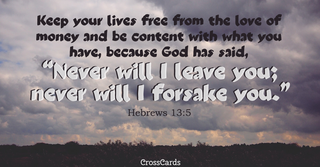- Recent Translations
- All Translations
Hebrews 13:11
Share
Settings
Hebrews 13:11 Meaning and Commentary
For the bodies of those beasts
Not the red heifer, ( Numbers 19:1-22 ) nor the sin offering in general, ( Leviticus 6:30 ) nor those for the priest and people, ( Leviticus 4:11 Leviticus 4:12 ) ( Leviticus 21:6 Leviticus 21:7 Leviticus 21:18 ) but the bullock and goat, on the day of atonement, ( Leviticus 16:11-18 Leviticus 16:27 ) which were typical of Christ, in the bringing of their blood into the most holy place, by the high priest, for sin; and in the burning of them, without the camp: these beasts were slain, their blood was shed, and was brought into the most holy place, by the high priest; and was sprinkled on the mercy seat, and the horns of the altar of incense; and, by it, atonement was made for the priest, his house, and all Israel; which was a type of the death of Christ; the shedding of his blood; the carrying of it into heaven; the sprinkling it upon the throne of grace and mercy; by which reconciliation is made for the sins of all God's people:
whose blood is brought into the sanctuary:
that is, into the holy of holies, as the Ethiopic version renders it:
by the high priest for sin;
to make atonement for it, for his own, and for the sins of his family, and of all Israel:
are burnt without the camp,
( Leviticus 16:27 ) even their skins, flesh, and dung; and the men that burnt them were unclean, though, upon being washed, were received: which was typical of the dolorous sufferings of Christ without Jerusalem, as the next verse shows; and points out the extent of his sufferings, reaching to all parts of his body, and even to his soul; and expresses not only the pains, but the shame and reproach he endured, signified by the burning of the dung; and hints at the pardon of the wicked Jews, who were concerned in his sufferings; which was applied unto them upon their repentance.
Hebrews 13:11 In-Context
Cross References 1
-
1.
13.11
Leviticus 16.27 .


